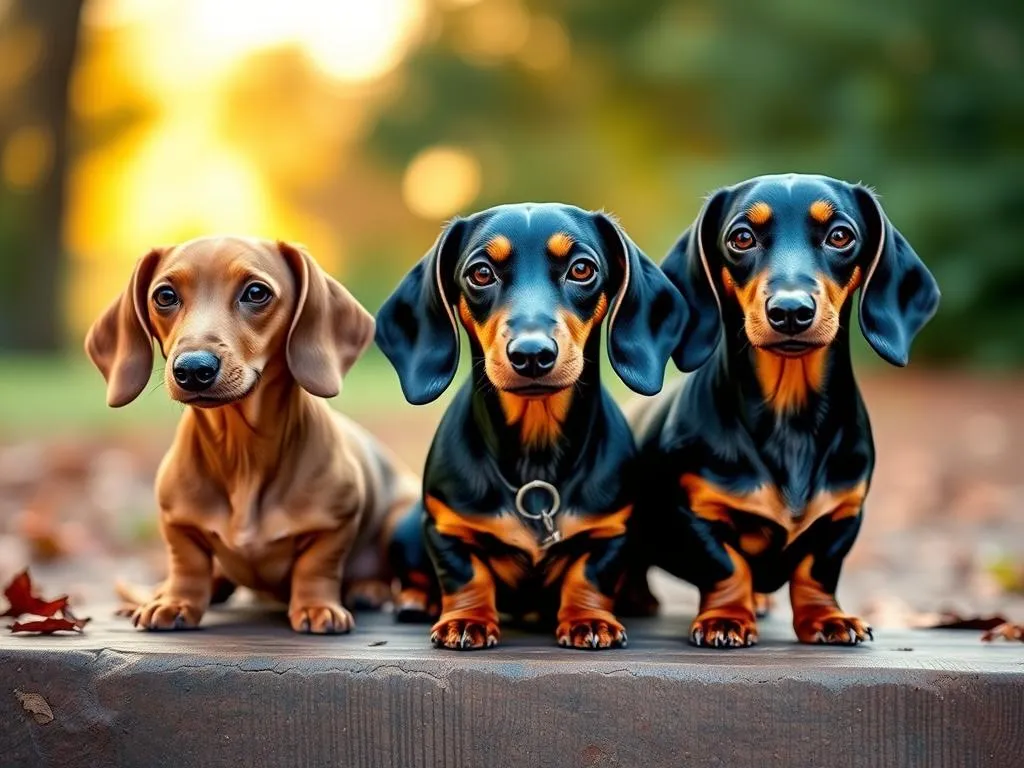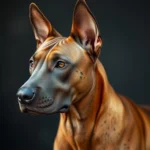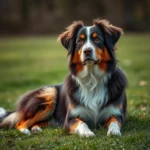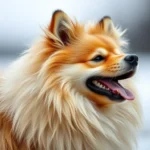
Understanding different dog breeds is essential for anyone considering adding a furry companion to their family. Each breed comes with its own unique characteristics, temperament, and care requirements, making it crucial for prospective dog owners to do their homework. This article focuses on one of the most beloved breeds: the dachshund. Known for their distinctive long bodies and short legs, dachshunds are charming companions with a rich history and a variety of types.
Understanding Dog Breeds
Definition of Dog Breeds
A dog breed is a specific group of domestic dogs with a common ancestor, usually bred for certain traits or tasks. Breeds are defined by physical characteristics such as size, coat type, and coloration, as well as behavioral traits. Understanding these characteristics is vital for dog ownership, as it influences everything from training techniques to health care.
Overview of Popular Dog Breeds
While there are hundreds of dog breeds, some of the most well-known include Labrador Retrievers, German Shepherds, and Golden Retrievers. These breeds tend to dominate the popularity charts due to their friendly nature and adaptability. However, the focus here is on types of dachshunds, which offer a unique blend of personality and appearance.
Introduction to Dachshunds
History of the Dachshund
The dachshund originated in Germany, where they were bred primarily for hunting small game like badgers and rabbits. Their unique shape allowed them to burrow into dens and flush out prey. The name “dachshund” literally translates to “badger dog” in German. Over the years, their role has evolved from hunting to companionship, making them one of the most popular pets in households today.
Characteristics of Dachshunds
Dachshunds come in a variety of coat types and colors. Physically, they are defined by their elongated bodies and short legs. Typically, they weigh between 16 to 32 pounds for standard varieties and under 11 pounds for miniature types. Their coat can be smooth, long-haired, or wire-haired. Personality-wise, dachshunds are known for being affectionate, playful, and sometimes a bit stubborn, making training both rewarding and challenging.
Types of Dachshunds
Standard Dachshunds
Standard dachshunds are the larger of the two main types, weighing between 16 to 32 pounds. They are typically 8 to 9 inches tall at the shoulder. Standard dachshunds are often more confident and outgoing than their miniature counterparts. Their coat can be smooth, long-haired, or wire-haired, each requiring different grooming techniques.
- Smooth Coat: Requires minimal grooming but sheds regularly.
- Long-Haired: Needs regular brushing to prevent matting.
- Wire-Haired: Requires stripping to maintain its unique texture.
Common personality traits include loyalty, intelligence, and a playful disposition, making them excellent family pets.
Miniature Dachshunds
Miniature dachshunds are smaller, weighing under 11 pounds and standing about 5 to 7 inches tall. They are often mistaken for puppies due to their size, leading to popular misconceptions about their temperament and care needs. Miniatures tend to have a more delicate frame, which can make them more prone to injury if not handled carefully. Their personalities are similar to standard dachshunds, often being lively, affectionate, and a bit more reserved around strangers.
Variations in Coat Types
Dachshunds can be categorized further based on their coat types, leading to distinct grooming and care requirements.
Smooth Coat
Smooth-coated dachshunds have a short and sleek fur that lies flat against their bodies. They are relatively low-maintenance when it comes to grooming, requiring only occasional brushing to remove loose hairs. However, they do shed, especially during seasonal changes.
Long-Haired
Long-haired dachshunds have flowing, soft fur that requires regular grooming to prevent tangles and mats. Their coats are often beautiful and can come in various colors and patterns. While they may require more maintenance than smooth-coated dachshunds, they are known for their gentle and affectionate temperaments.
Wire-Haired
Wire-haired dachshunds have a unique, coarse outer coat with a soft undercoat. This type requires special grooming techniques, often involving “hand-stripping” to keep the coat healthy. Wire-haired dachshunds are known for their playful yet tenacious personalities, making them a joy to train.
Rare Dachshund Variants
In addition to the standard and miniature types, there are rare variations like dapple and piebald dachshunds. These unique coat patterns are results of specific gene expressions. However, these rarer types can come with health considerations, as certain patterns may predispose them to genetic issues. It’s vital for prospective owners to understand these health implications when considering these variants.
Dachshund Temperament and Behavior
Typical Temperament
Dachshunds are known for their spirited and lively nature. They can be playful and affectionate, forming strong bonds with their families. However, they can also exhibit stubbornness, especially if not properly trained. Early socialization is essential to help them interact well with other pets and people.
Common Behavioral Issues
Like many breeds, dachshunds can face behavioral challenges. Their strong prey drive can lead to chasing smaller animals, and they may also bark excessively if not trained properly. Stubbornness can make training a challenge, but with consistent positive reinforcement techniques, they can learn to follow commands and behave appropriately.
Caring for Your Dachshund
Basic Care Requirements
Dachshunds require a balanced diet, consisting of high-quality dog food appropriate for their age, size, and activity level. Regular exercise is crucial to maintain a healthy weight and prevent obesity, which can exacerbate health issues common in the breed, such as back problems.
Grooming and Maintenance
Grooming needs vary by coat type. Smooth dachshunds need minimal grooming, while long-haired and wire-haired types require regular brushing and grooming sessions. Regular veterinary check-ups are also essential to monitor health and catch any potential issues early.
Health Considerations
Common health concerns for dachshunds include intervertebral disc disease (IVDD), obesity, and dental problems. Regular check-ups with a veterinarian can help mitigate these risks. Owners should watch for signs of back pain or mobility issues, as these can indicate more serious health problems.
Choosing the Right Dachshund for You
Assessing Your Lifestyle
Before bringing a dachshund home, it’s crucial to assess your lifestyle. Consider your living situation, activity level, and whether you have other pets. Dachshunds thrive in active households where they receive plenty of attention and exercise.
Finding a Reputable Breeder
If you choose to purchase a dachshund, finding a responsible breeder is key. Look for breeders who prioritize health testing and adhere to breed standards. This helps ensure that your new pet is both healthy and has a good temperament.
Adoption vs. Buying
Adoption is a wonderful option for those looking to bring a dachshund into their home. Many dachshunds in shelters and rescues are looking for loving homes. Adopting not only gives a dog a second chance but is often less expensive than buying from a breeder. Research local rescues and shelters that specialize in dachshunds.
Conclusion
In summary, understanding the types of dachshunds is essential for any prospective owner. From the charming standard and miniature varieties to the unique coat types, each dachshund has its own personality and care needs. By considering your lifestyle and doing thorough research, you can find the perfect dachshund companion that fits your family.
As you embark on your journey with a dachshund, remember to embrace their spirited nature and quirky personality. Each dachshund is a unique individual, deserving of love, care, and attention. Sharing your experiences with these wonderful dogs can offer insights and community support for fellow dog lovers.









